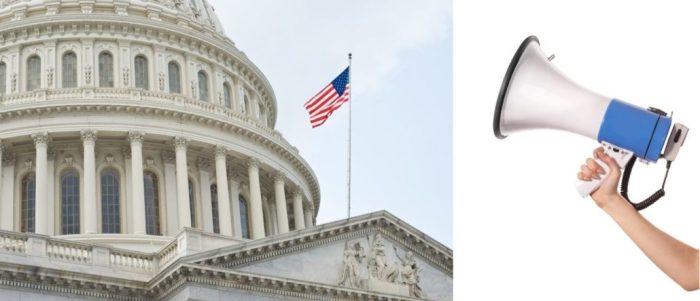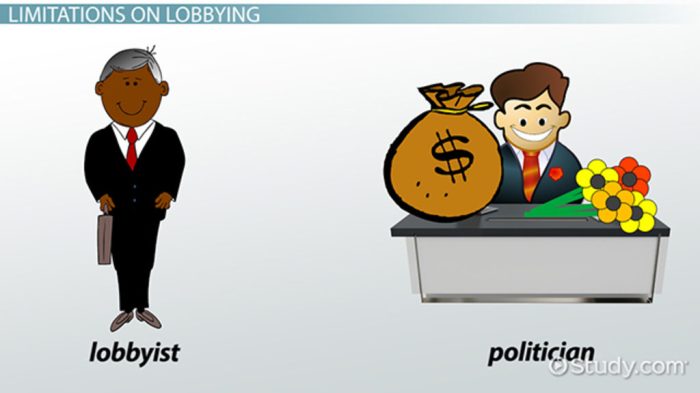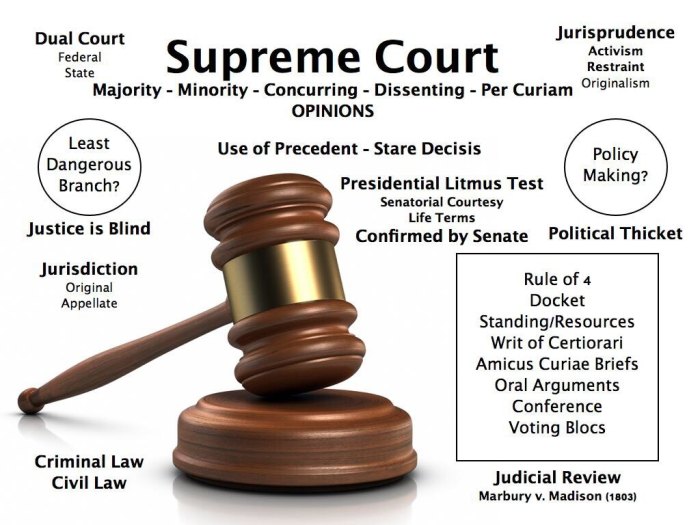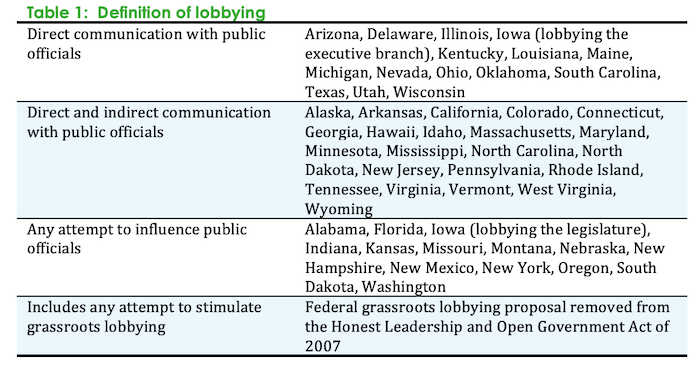Intergovernmental lobby definition ap gov – Intergovernmental lobbying, a fascinating aspect of AP Government, unfolds as a dynamic interplay between state and federal actors, shaping policy outcomes and resource allocation. Its intricacies and consequences are explored in this comprehensive analysis.
Intergovernmental lobbying stands distinct from traditional lobbying, engaging a broader spectrum of actors and wielding unique strategies to influence decision-making.
Definition of Intergovernmental Lobbying: Intergovernmental Lobby Definition Ap Gov

Intergovernmental lobbying refers to the efforts by state and local governments, federal agencies, and non-profit organizations to influence the policies and decisions of other governments.
Unlike traditional lobbying, which targets legislative bodies, intergovernmental lobbying involves direct communication and negotiation between different levels of government. It plays a significant role in shaping public policy and resource allocation across various jurisdictions.
Examples of Intergovernmental Lobbying Activities
- State governments lobbying the federal government for increased funding for infrastructure projects.
- Local governments advocating for changes in federal environmental regulations that impact their communities.
- Non-profit organizations working with state agencies to implement programs that address social welfare issues.
Actors Involved in Intergovernmental Lobbying

State and Local Governments
State and local governments are primary actors in intergovernmental lobbying. They seek to influence federal policies that affect their jurisdictions, such as funding, environmental regulations, and healthcare programs.
Federal Agencies
Federal agencies also engage in intergovernmental lobbying to advocate for their policies and programs. They work with state and local governments to implement and enforce federal laws and regulations.
Non-Profit Organizations
Non-profit organizations play a significant role in intergovernmental lobbying, representing the interests of specific constituencies. They work with governments at all levels to influence policies related to social welfare, education, and environmental protection.
Methods and Strategies of Intergovernmental Lobbying

Direct Contact
Intergovernmental lobbying often involves direct communication between representatives of different governments. This includes meetings, phone calls, and written correspondence.
Coalition-Building
Actors may form coalitions to increase their influence. By joining forces, they can present a unified front and exert greater pressure on policymakers.
Grassroots Mobilization
Intergovernmental lobbying can also involve grassroots mobilization, where citizens are encouraged to contact their elected officials and express their support or opposition to specific policies.
Ethical Considerations and Pitfalls
Intergovernmental lobbying is subject to ethical considerations. Lobbyists must disclose their interests and avoid conflicts of interest. Unethical lobbying practices can undermine public trust and the integrity of the political process.
Impact and Consequences of Intergovernmental Lobbying

Policy Outcomes and Decision-Making
Intergovernmental lobbying can significantly influence policy outcomes and decision-making. It can lead to changes in legislation, funding allocations, and regulatory policies.
Distribution of Resources and Power
Intergovernmental lobbying can also impact the distribution of resources and power. It can influence the allocation of funding and decision-making authority across different levels of government.
Benefits and Drawbacks, Intergovernmental lobby definition ap gov
Intergovernmental lobbying can provide benefits, such as ensuring that local concerns are considered in policymaking. However, it can also lead to drawbacks, such as excessive influence by special interests or the undermining of federal authority.
FAQ
What distinguishes intergovernmental lobbying from traditional lobbying?
Intergovernmental lobbying involves interactions between state and federal actors, while traditional lobbying primarily focuses on influencing federal decision-making.
Who are the key actors involved in intergovernmental lobbying?
State and local governments, federal agencies, and non-profit organizations play significant roles in intergovernmental lobbying.
What are some common methods employed in intergovernmental lobbying?
Direct contact, coalition-building, and grassroots mobilization are frequently used methods in intergovernmental lobbying.